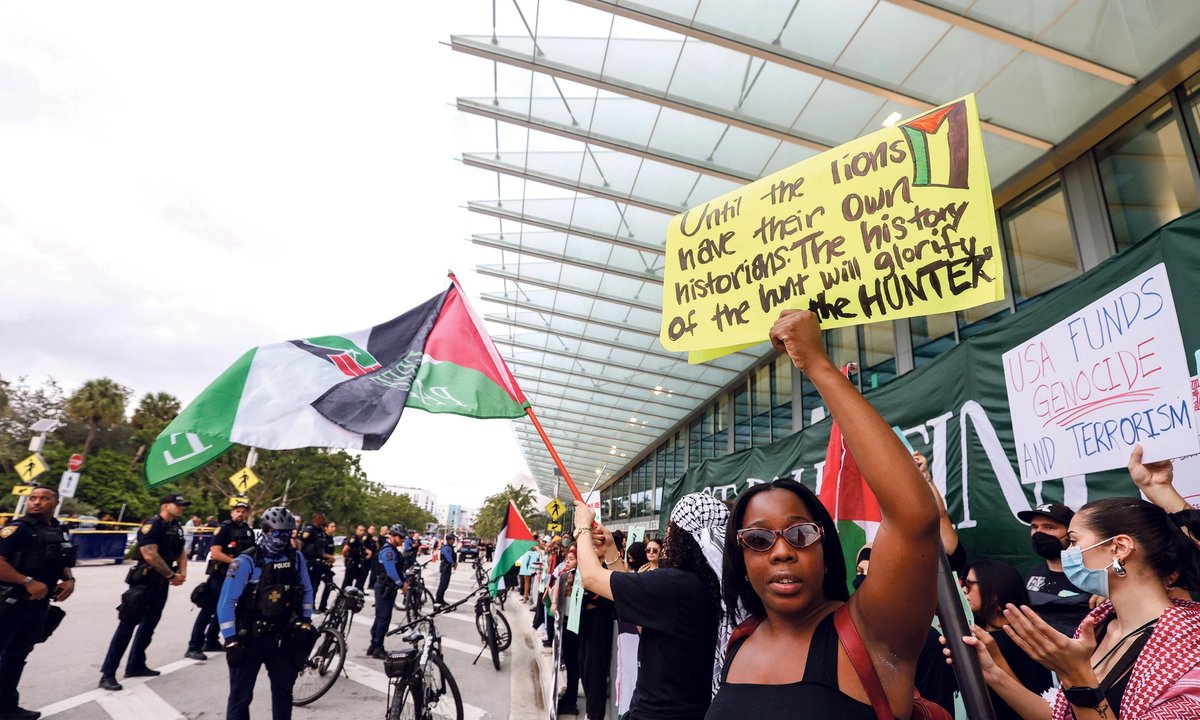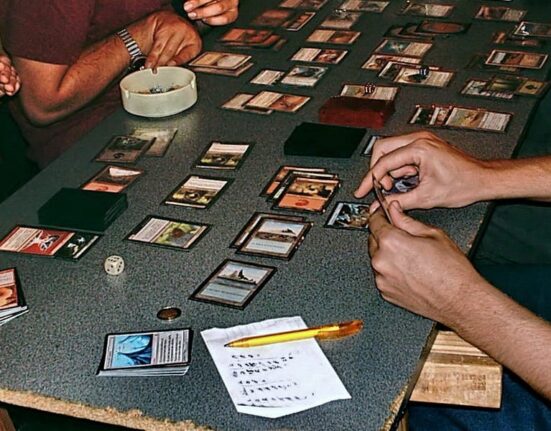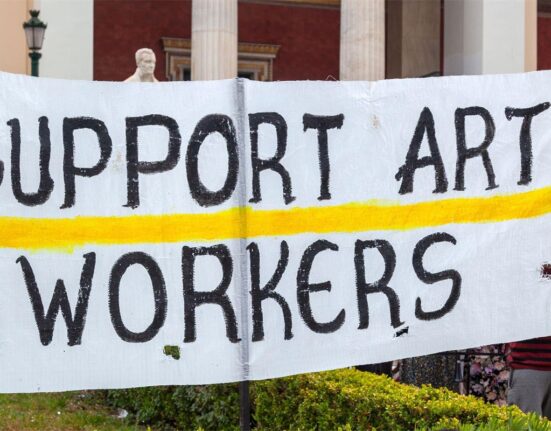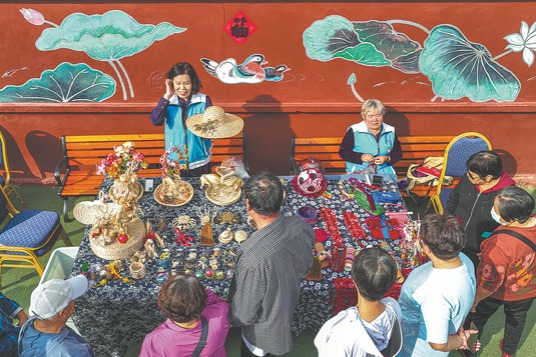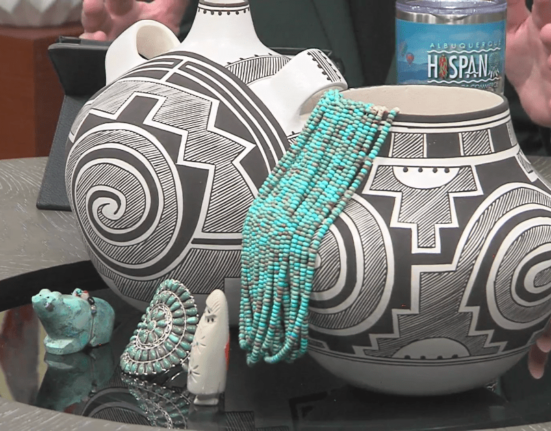More than 100 Miami-based artists and members of the South Florida Coalition for Palestine, which includes groups such as the Jewish Voice for Peace, gathered outside Art Basel in Miami Beach on Friday afternoon to protest what they describe as “Israel’s genocidal campaign” against Palestinians in Gaza.
Holding placards that read “divest from death” and “let Palestine live”, the protesters demanded a permanent ceasefire and an end to Miami-Dade County’s funding of Israel while the violence continues. In October, the county announced the purchase of an extra $25m in Israeli bonds, bringing its total investment to $76m. And on Friday the US vetoed the United Nations Security Council’s resolution for a ceasefire in Gaza. Protesters also called for an end to “the brutal occupation Palestinians have lived under for 75 years”. Several passersby responded by shouting “shame” and “racists”.
Since 7 October, when Hamas terrorists murdered around 1,200 people in Israel and captured around 240 hostages, more than 15,000 Palestinians have been killed in Israel’s land, sea and air assault on Gaza, according to the Hamas-run health ministry—two-thirds of them women and children. Critical infrastructure, including hospitals, water and road networks are now collapsing.
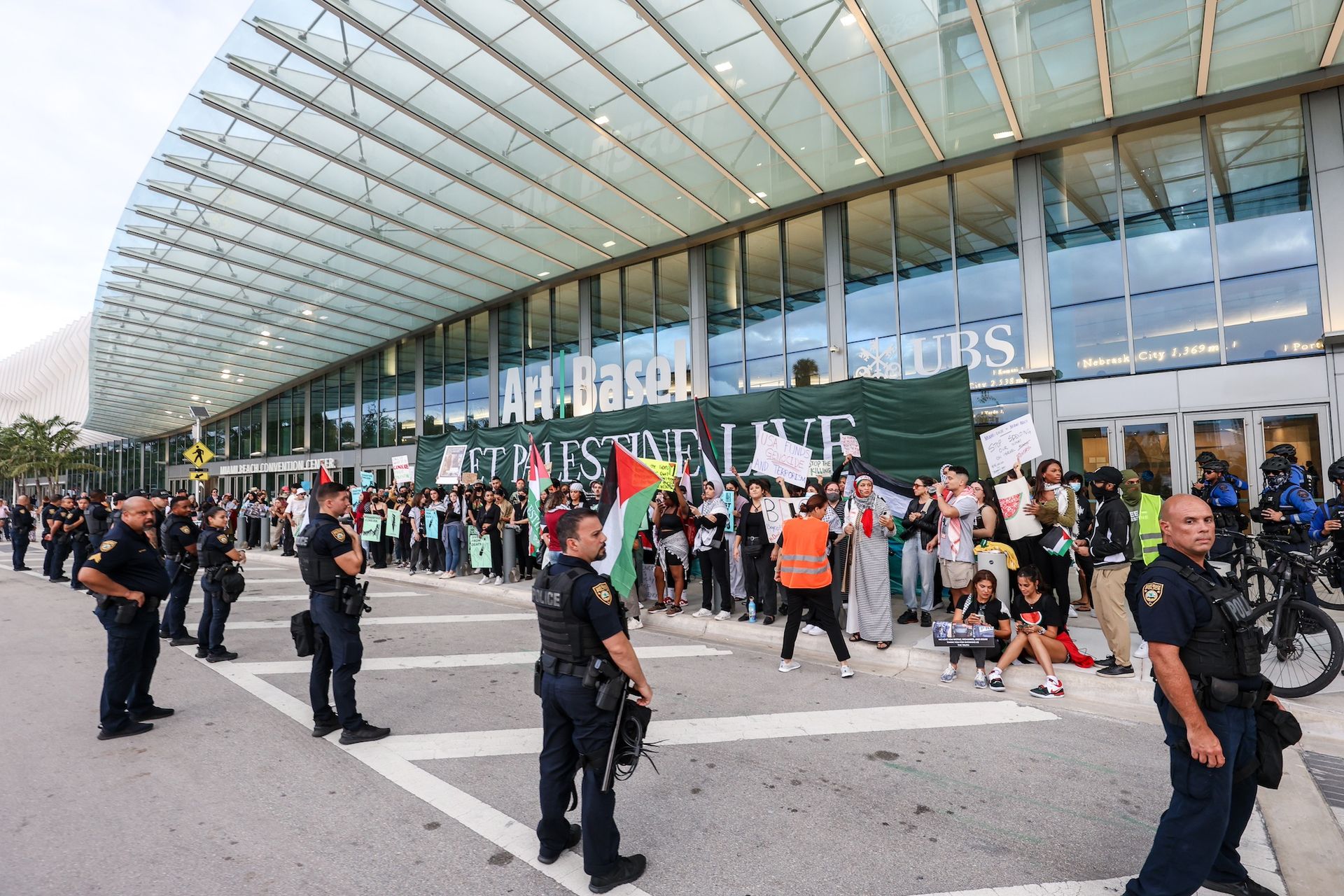
Activists protesting outside the convention centre on Friday were closely watched by dozens of police officers © Liliana Mora
Protesters say the art world’s silence in the face of such catastrophe is unacceptable, and that those in the cultural arena who vocalise their support of Palestine “continue to face repercussions such as cancelled shows, talks and job opportunities”.
Alan Levine, a civil rights lawyer and member of the South Florida Jewish Voice for Peace, says there is no better place to protest than at the fair—“a place where people with lots of money, power and influence are gathering”. He adds: “It should not be business as usual; silence is unacceptable.”
Monica Uszerowicz, an artist and writer, says: “All of us grieve deeply for those who were killed, harmed and displaced on 7 October. But what has happened since then, and what the world is responding to, is the Israeli government’s genocide on the Palestinian people of Gaza.”
A spokesperson for Art Basel says fair organisers were in “close contact” with the local authorities to “ensure any protest takes place in adherence with local laws and does not interrupt visitor access to the halls”. They add: “Art Basel respects the right of individuals to engage in peaceful protest and assembly.”
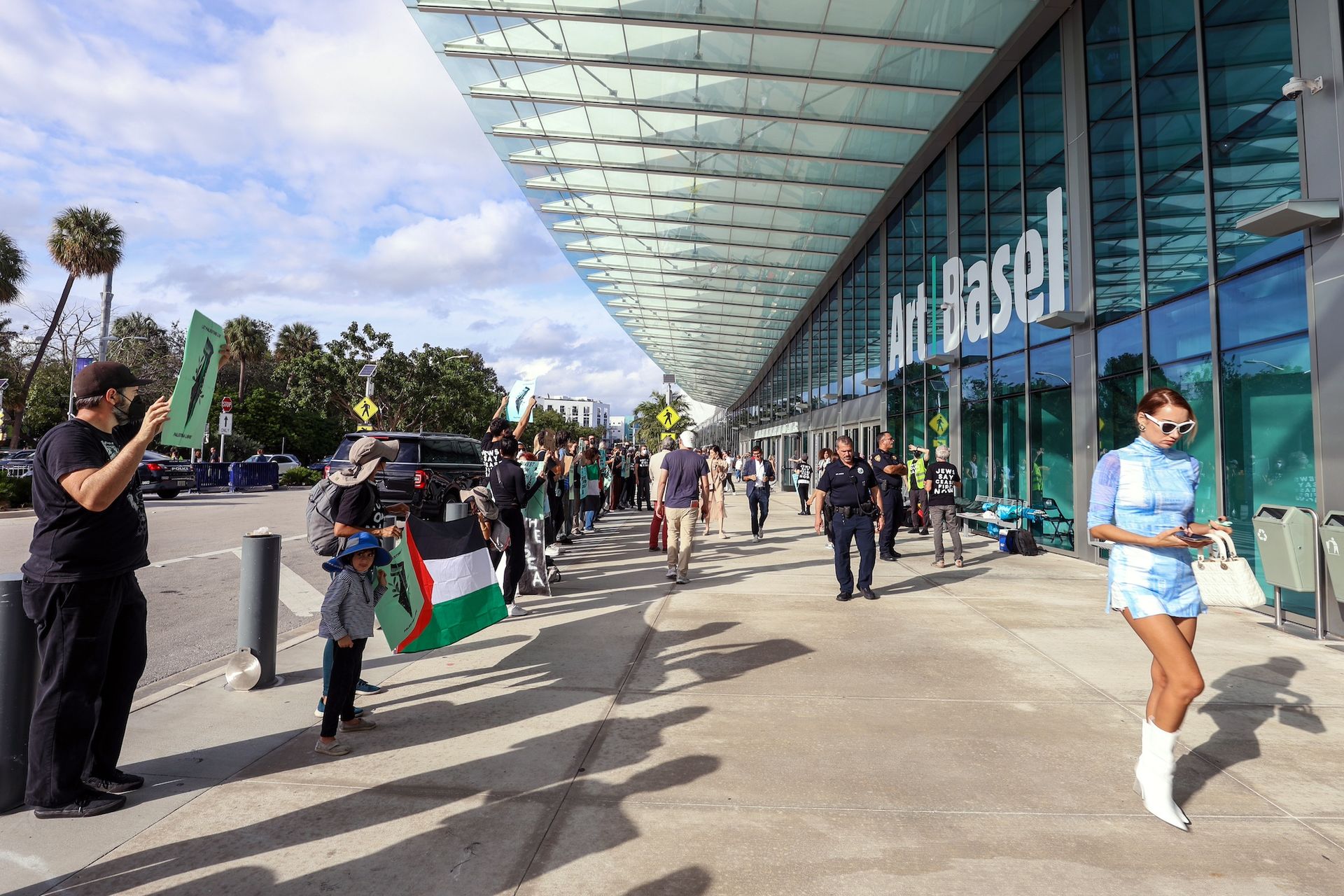
Activists protesting outside the convention centre on Friday were closely watched by dozens of police officers © Liliana Mora
Other protests have taken place in Miami this week. On the first night of Hanukkah on Thursday, the American Jewish Committee projected images onto the façade of Temple Emanu-El, a synagogue across the street from the convention centre, calling for the release of Israeli hostages and denouncing antisemitism. The “Welcome to Miami Beach” mural on 41st Street has also been covered by photos of the hostages and a message calling for their “immediate return”.
Another group of artists and art world professionals, A Message to Miami, says it is “amplifying silenced voices” from 7 October. The group has been projecting messages such as “rape is not resistance” on buildings and billboards around the city this week, referring to evidence of sexual and gender-based violence by Hamas. Israel’s civil commission is calling for international recognition that what happened on 7 October was systematic abuse, constituting crimes against humanity.

